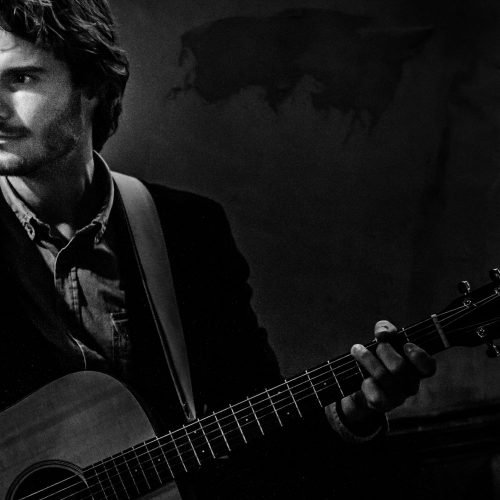I cried the first time I stayed up until midnight on New Year’s Eve. This wasn’t unusual in and of itself; I was seven years old at the time, and I was a sensitive kid who was easily overwhelmed by big crowds and loud noises. But that wasn’t why I was crying that night, standing next to my mom in the crowded ballroom of a Pennsylvania hotel. I looked up at her, eyes wide and tearful through the two zeroes of the novelty “2005” glasses I was wearing. “What if 2004 wasn’t ready yet?” I asked. “What if it wasn’t done?”
It must have been very funny at the time, but I was trying to ask a question I didn’t have the words for yet. I was beginning to understand the passage of time, and just how final it is. When the clock strikes midnight on December 31st, 2004, it becomes January 1, 2005, and just like that another year is frozen in amber. It will never be 2004 again, and I knew that in another year it would never be 2005 again, either. And who knew what 2006 would look like? Certainly not me; I had only just gotten a grasp on primary colors.
I kept thinking about that moment when I listened to “Someday”, a gentle, bittersweet folk song by the Dutch singer-songwriter Frank Rensen. “Someday” is a song that’s preoccupied with the passage of time, with impermanence, with the notion that some things go away and can never come back. It’s a reliable songwriting staple, a subject that’s been tackled by everyone from Five for Fighting to Joanna Newsom. But Rensen forgoes metaphors and analogies; he’s not taking in the totality of one person’s life, or illustrating entropy through New York City and Ozymandias.
No, Rensen’s approach is personal and straightforward. In a hushed, gentle tenor, he sings about the things he used to enjoy as a child that he can’t do anymore. Again, he avoids the obvious symbolic pathos of, say, a rusty old swing set, and boils a carefree childhood down to a direct yet strange turn of phrase. “I used to love losing control,” he sings, “Wondering until the break of dawn.” We don’t often think about childhood in terms of “losing control”, but that’s really what lies at its heart. You rely exclusively on your parents and your teachers to provide shelter, structure and education, and in exchange you can free your mind to dream and wonder.
“But now I’m old,” Rensen sighs. Now he has control, now he has agency, now he can realize his childhood daydreams, and what does he do? The same thing all of us do as adults: get a job, pay our taxes, put one foot in front of the other until you retire and/or die. This isn’t a morbid or depressing song, but there’s an urgency to its insistent guitar jangle that suggests our narrator may not have as much time as he thinks.
“I guess this is someday,” Rensen sings in the chorus, and it resonates because we know that “someday” doesn’t exist. We all think about what will happen in the future, what plans we’ll make, what goals we’ll achieve. But no one knows what that nebulous “someday” looks like, because no one can predict the future. So we keep going through a never-ending series of todays until we look up, unable to recognize ourselves, and realize that it’s not never-ending after all.







